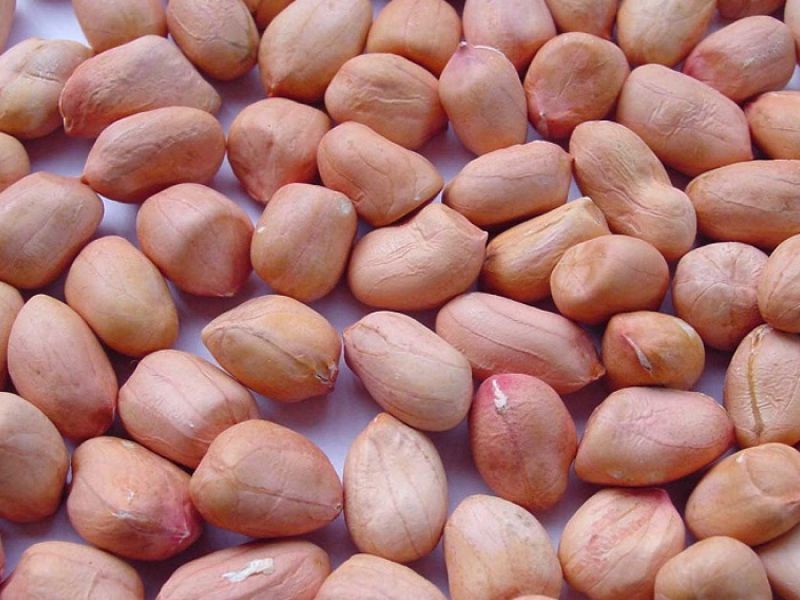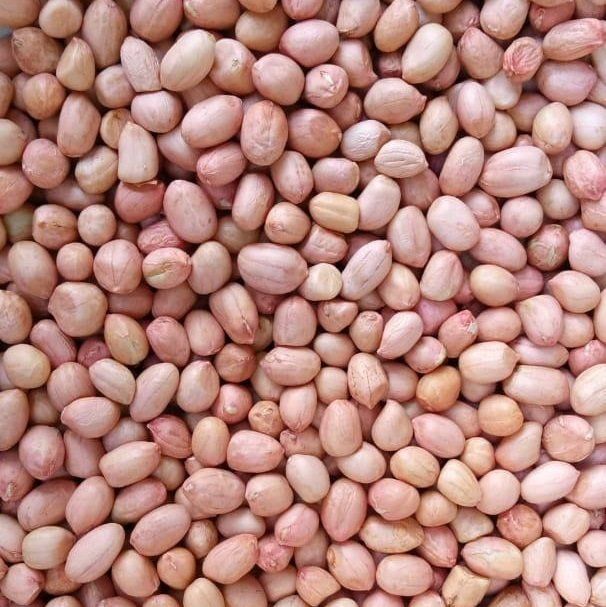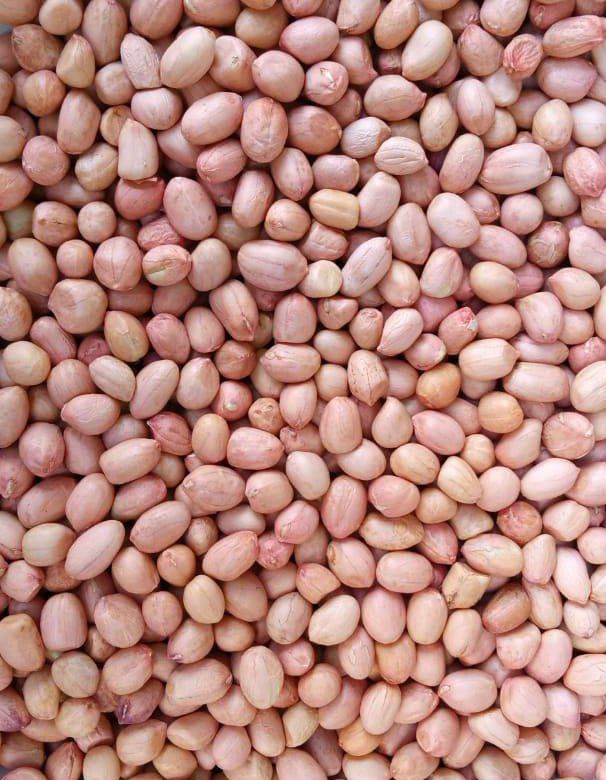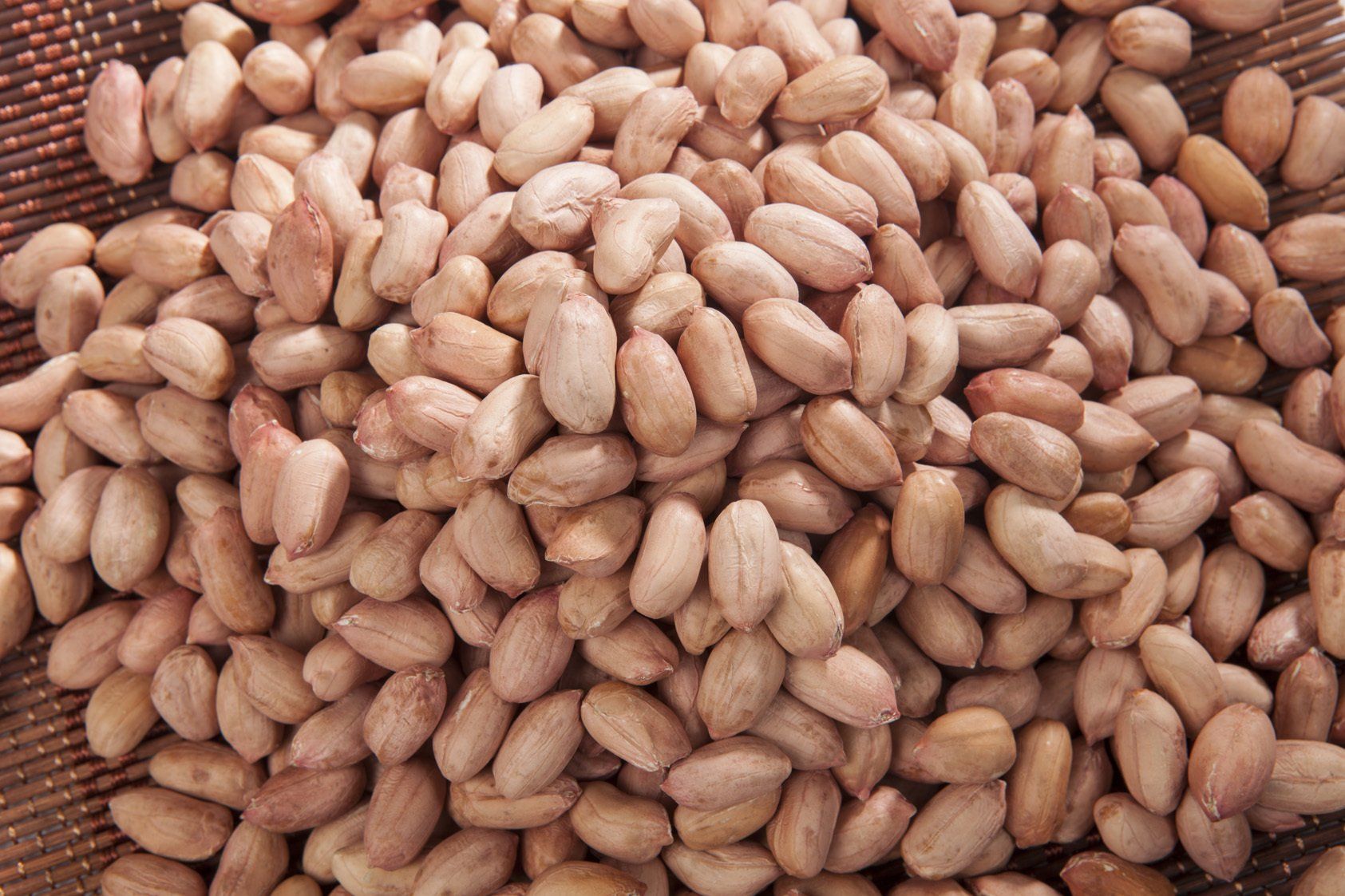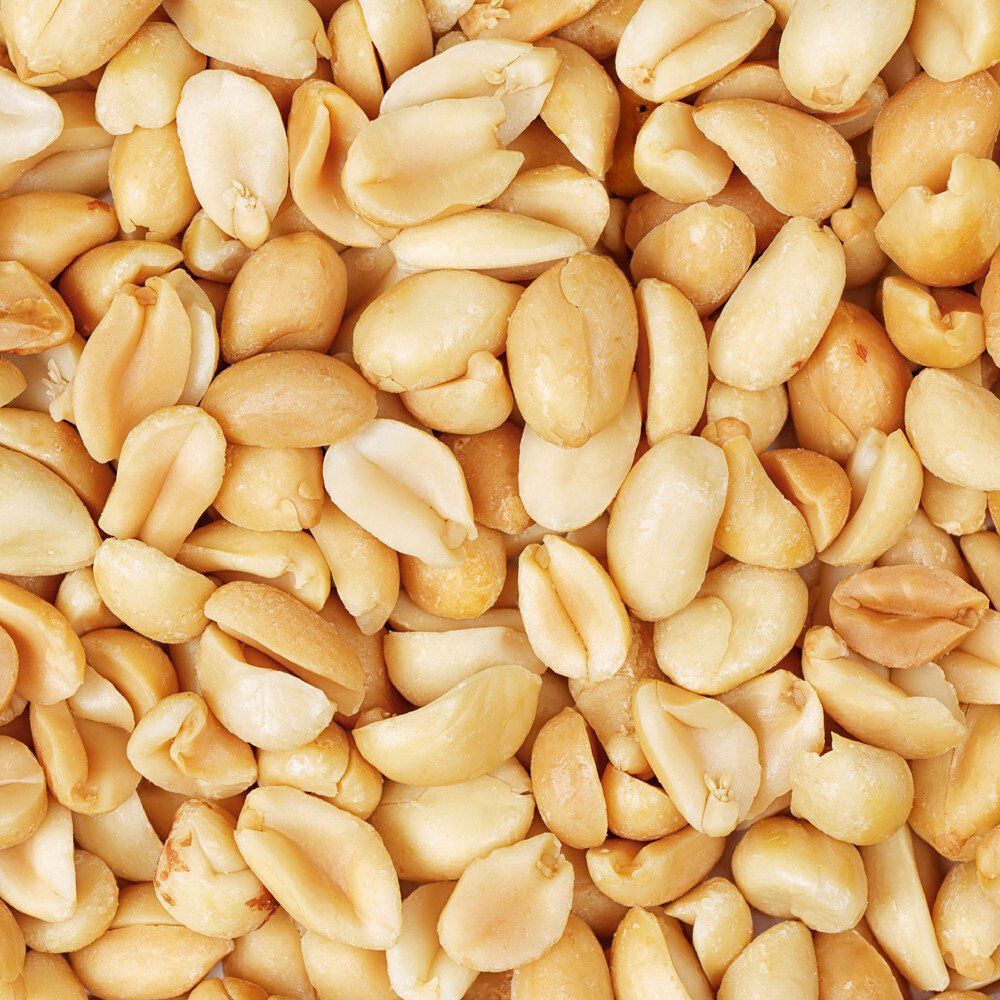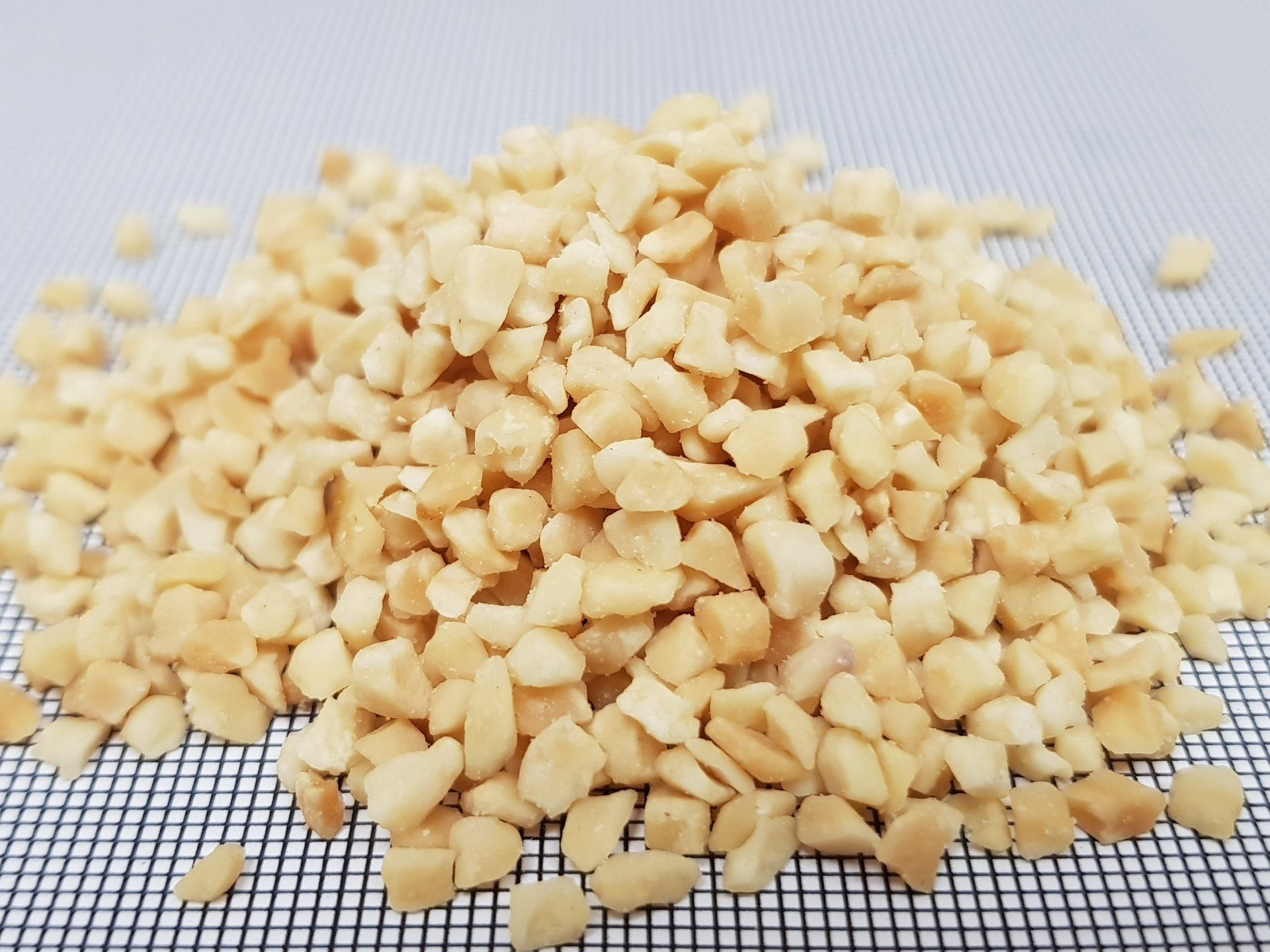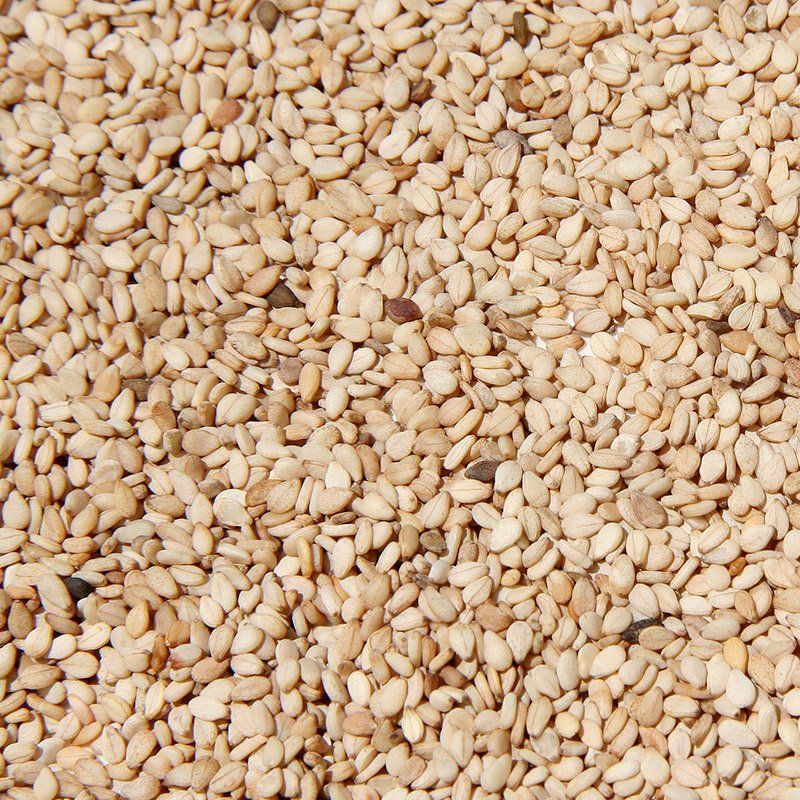Peanut kernels
Specification
Introduction
Peanut kernels are the peanuts that are shelled. Peanuts are rich in essential nutrients. In a 100-gram reference serving, peanuts provide 570 kilo-calories of food energy. Peanuts are high in monounsaturated fat, fiber, vitamin B6, vitamin E, niacin and minerals such as magnesium, phosphorus, potassium, copper and manganese. They are also a source of protein, pantothenic acid and minerals (zinc and selenium). Among nuts, peanuts contain the highest amount of protein and niacin, also known as vitamin B3. Peanut contain about 25 g of protein per 100 g serving, a higher proportion than in many tree nuts.
Some studies show that regular consumption of peanuts is associated with a lower specific risk of mortality from certain diseases. However, the study designs do not allow cause and effect to be inferred.
Ranked second after soya beans, peanuts are the world's largest source of vegetable oil. They are the main constituent of margarine and are produced commercially as salad and cooking oil.
The peanut meal or cake residue from oil processing is used as an animal feed and as a soil fertilizer. It is a kind of livestock feed, mostly used by cattle as protein supplements. It is one of the most important and valuable feed for all types of livestocks and one of the most active ingredient for poultry rations.
Peanuts have a variety of industrial end uses. Paint, varnish, lubricating oil, leather dressings, furniture polish, insecticides, and nitroglycerin are made from peanut oil. Soap is made from saponified oil, and many cosmetics contain peanut oil and its derivatives. The protein portion is used in the manufacture of some textile fibers. Peanut shells are used in the manufacture of plastic, wallboard, abrasives, fuel, cellulose (used in rayon and paper), and mucilage (glue).

